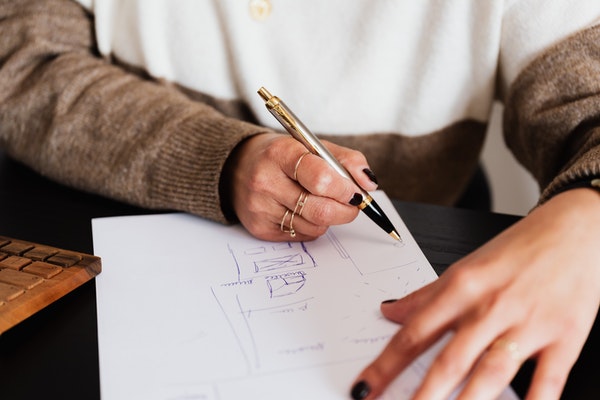10.5.20
What a new home really costs


Consumers home loans
We’d love to help you with a mortgage or home equity line of credit.
Learn moreWhen calculating how much you can afford for a house, avoid surprises by learning about all the costs.
First-time homeowners are often surprised to learn about the true cost of buying a home. While homeownership has many financial advantages, it is important to factor in all the costs a prospective buyer may incur to appropriately budget for it. Let’s take a look at costs buyers often overlook or simply aren’t aware of.
The costs of making the purchase
As a home buyer, there are costs in addition to the down payment that you’ll have to cover. Most often these include:
- A home inspection fee: A home inspection is solely for the buyer and provides the buyer a professional evaluation of the home’s systems and condition. This comprehensive inspection will give you piece of mind on the quality and potential repairs your home will need in the future. These usually take 2-3 hours, and we encourage home buyer participation to learn their potential new home. Take notes and pictures, and document this inspection for future reference.
- Closing costs: Buyers will incur closing costs that may include appraisal, credit, tax and insurance escrows, title costs and lender fees. Usually this equates to 1%-3% of the purchase price.
- Moving expenses: Factor in truck rental, movers and lost time at work.
Move-in improvements
Allow room in your budget for beds, furniture, grills, outdoor furniture, a lawn mower, landscaping tools, blinds and a host of other household products you didn’t need as a renter. Check for these items on online marketplaces to help keep these costs quite reasonable.
Ongoing monthly costs
You already know you’ll have a monthly mortgage payment to repay your home loan. Additional costs to factor into your budget include property taxes, utilities, snow removal, lawncare, cable and internet, trash disposal and possible HOA fees.
Ask the sellers to provide figures on what they spend annually and use those numbers to budget.
Routine maintenance and unexpected repairs or replacements
As a renter, your landlord took care of a lot of things behind the scenes you may not have been aware of. As a homeowner, you need to plan on covering routine maintenance for things like yearly HVAC checks, gutter cleaning, sprinkler service and other annual maintenance services.
You’ll also want to set money aside for repairing or replacing appliances like refrigerators, ranges, washers and dryers, as well as plumbing and electrical repairs.
It seems like a lot, doesn’t it?
There are a lot of costs associated with buying and owning a home, but don’t let this discourage you. Millions of people buy homes each year for good reason! They enjoy the benefits of homeownership like building equity, possible tax benefits, the thrill of decorating and landscaping as they wish, and not least of all, providing their family with a sense of stability and security.
If you’re ready to take the next step toward home ownership, check out our home mortgages and talk to a Consumers mortgage loan officer at 800-991-2221. We’re here to help you!
Consumers helps more than 1,000 members finance land, first and second homes, and home improvement projects each year. We’d love to help you with a mortgage or home equity line of credit; contact us online or call us at 800-991-2221.
![]()

Consumers home loans
We’d love to help you with a mortgage or home equity line of credit.
Learn more

